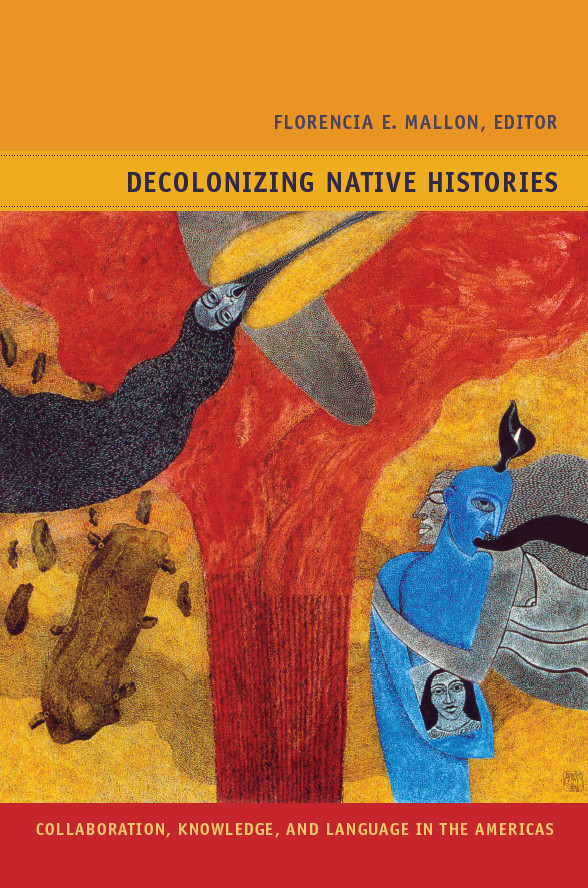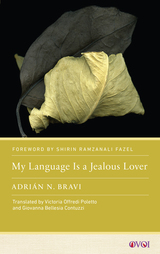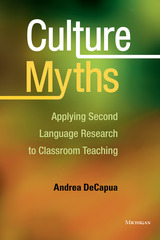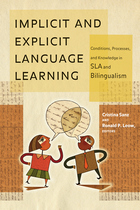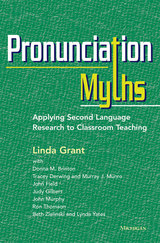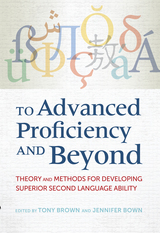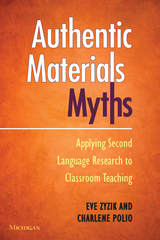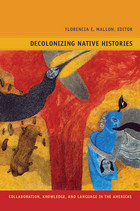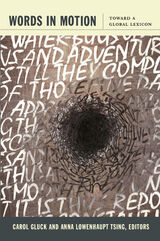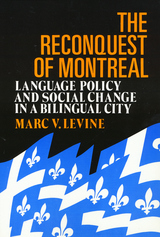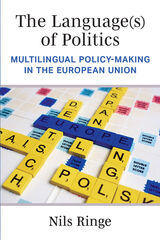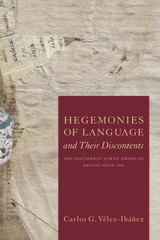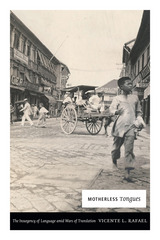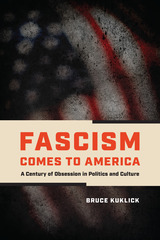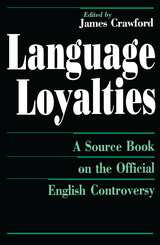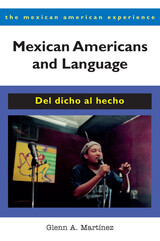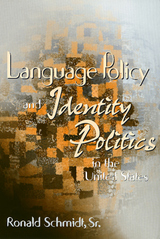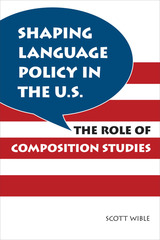"Decolonizing Native Histories is a stunning collection of essays from places and authors not often seen in each others' company: they range from Bolivia to Rapa Nui, from Louisiana to Hawai'i. To read of the predicaments and possibilities of a Quechua-language newspaper, racism in a Native American community, and indigenous political resurgence in Rapa Nui in the same volume presents a rare opportunity to compare strategies and gain inspiration, and to transcend seemingly impassable geographic and linguistic differences, to achieve commonality in treasuring our indigenous languages, cultures, and lands. Invaluable for anyone interested in global indigenous histories and politics."—Noenoe K. Silva, author of Aloha Betrayed: Native Hawaiian Resistance to American Colonialism
“This fine volume highlights ways of writing indigenous history beyond the usual frameworks supplied by academia….This volume urges us out of our safe spaces to push the boundaries of what indigenous history can mean."
-- Laura E. Matthew Hispanic American Historical Review
“[S]cholars and students will benefit immensely from these explorations of the ways Indigenous people have transformed their relationship to the past, the state, and their interlocutors.”
-- David Carey Jr. Canadian Journal of Native Studies
“Overall, this ambitiously edited volume is able to deliver thoughtful essays, crossing geographic and political boundaries, which encourage the reader to examine Indigenous histories and narratives through the multi-faceted lens of decolonization in an international forum.”
-- Heather Y. Shpuniarsky AlterNative
“This is a high-quality contribution for understanding the impacts of colonial empires on the native peoples of the Americas and related island areas in the Pacific….The book is recommended for academic courses and professionals with common research interests.”
-- Richard W. Stoffle Bulletin of Latin American Research
"Decolonizing Native Histories, written within the context of decolonization and deoccupation agendas, is an absorbing book that appeals to the reader interested or active in indigenous restorative justice and indigenous theorizing. While the essays are complex and challenging, they bring many threads together offering a higher level of understanding of past and present indigenous issues."
-- Yoly Zentella Journal of Third World Studies
